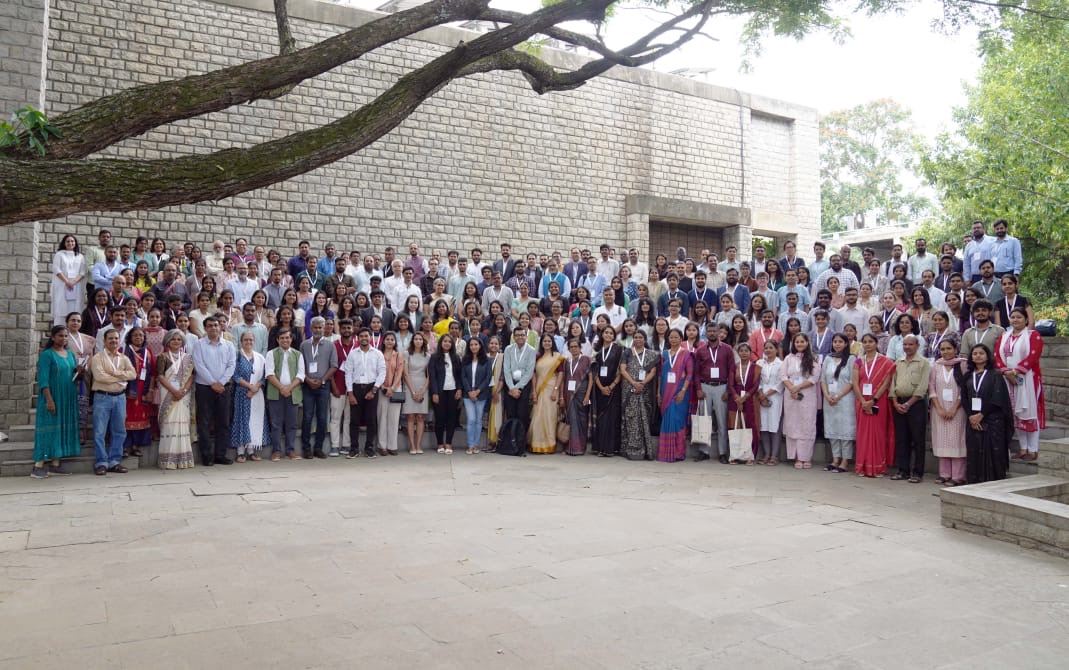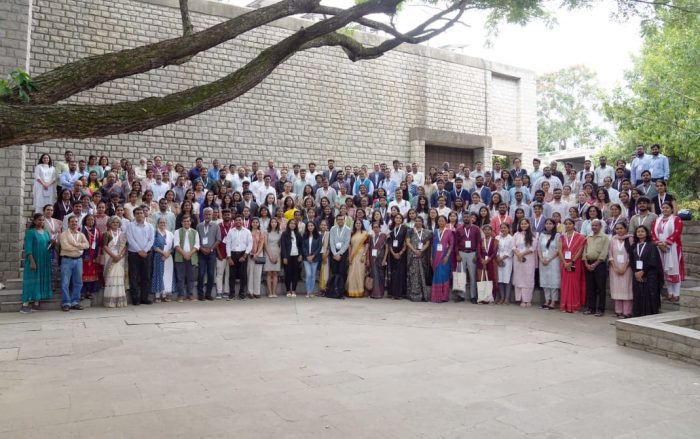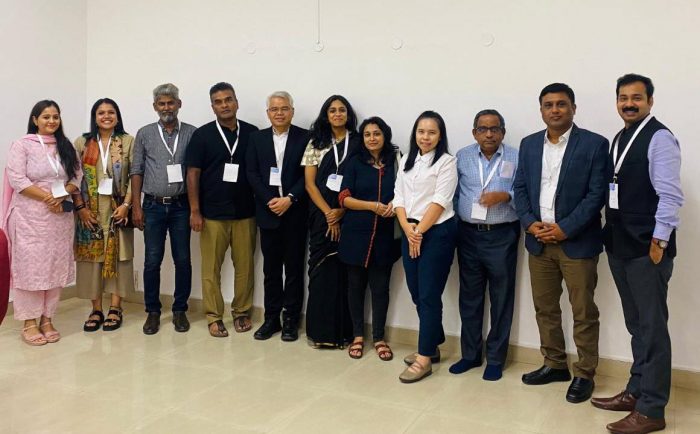
Participatory public policies: A key to evidence-based policymaking

Photo by EPHP2024 organizing committee
The National Health Commission Office (NHCO) Thailand emphasized the importance of participatory public policy tools in linking evidence to policy during the “Bringing Evidence to Public Health Policy” (EPHP) 2024 Conference at the Indian Institute of Management (IIMB), Bengaluru, from September 5-7, 2024. The conference aimed to facilitate interaction and knowledge-sharing between researchers and policymakers, while sustaining national and regional momentum ahead of the Health System Research Symposium 2024.
Several channels for connecting evidence to policy were discussed, including translating policy guidelines through capacity-building programs, public advocacy, fostering strong relationships between government and academia, engaging in participatory public policy processes, and utilizing robust evidence.
Dr. N. Devadasan Deva, Co-founder and Director of the Institute of Public Health in Bengaluru, India, emphasized the importance of strong evidence in effective policymaking, noting its potential to enhance the quality of life. He highlighted Thailand’s experience in the 1990s when a group of academics and partners proposed research related to health system reform, which ultimately led to the establishment of the Universal Health Coverage (UHC) system and related health agencies.
Additionally, Dr. Nima Asgari, Director of the Asia Pacific Observatory (APO), stated that Thailand’s National Health Commission (NHC) is a model of participatory governance designed to fulfil the needs of the people and ensure that evidence informs policy development. This view was echoed by Dr. Arnab Mukherji, Professor at the Center for Public Policy at IIMB, who emphasized Thailand’s dual approach to policymaking: top-down and bottom-up. The health assembly, for example, is a bottom-up approach that allows real evidence from various stakeholders to reach policy levels.
Finally, Dr. Weerasak Putthasri, the advisor on global health at NHCO Thailand, and Miss Khanitta Seaiew, from NHCO Thailand, shared experiences on the Health Assembly in Thailand and Tamil Nadu with representatives of the Local Self Government Department, Government of Tamil Nadu, PHM Tamil Nadu, the George Institute for Global Health, India, and related partners.

